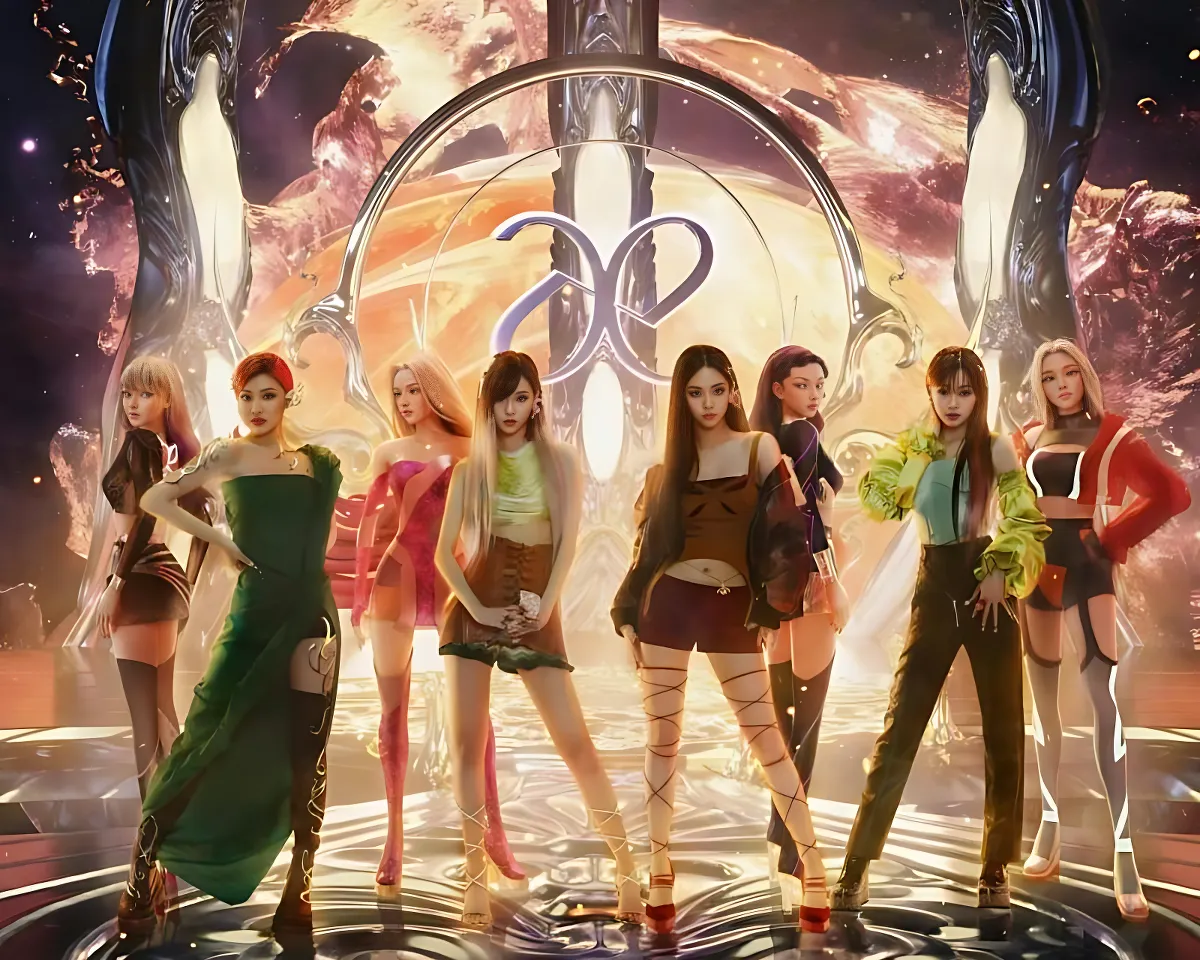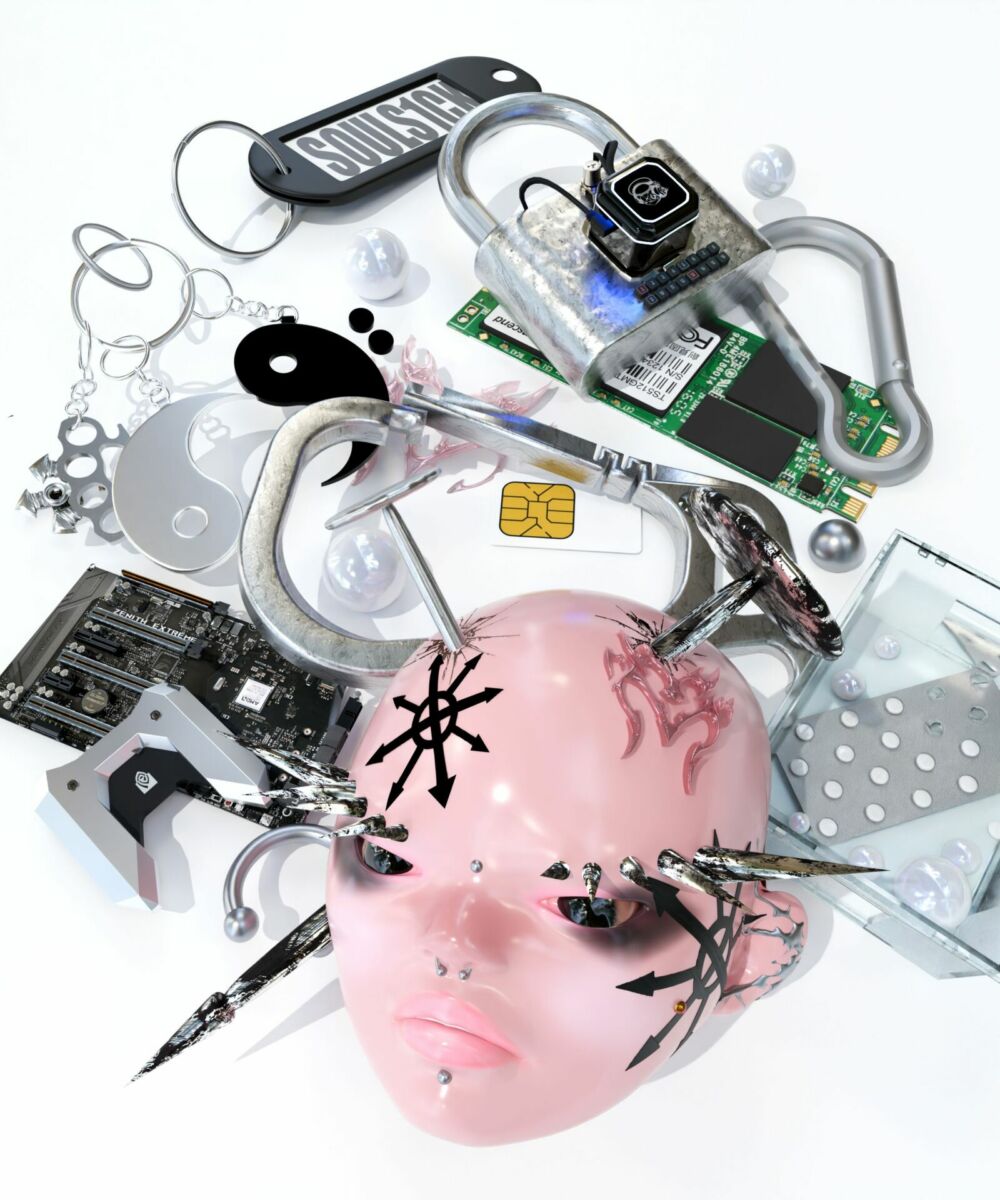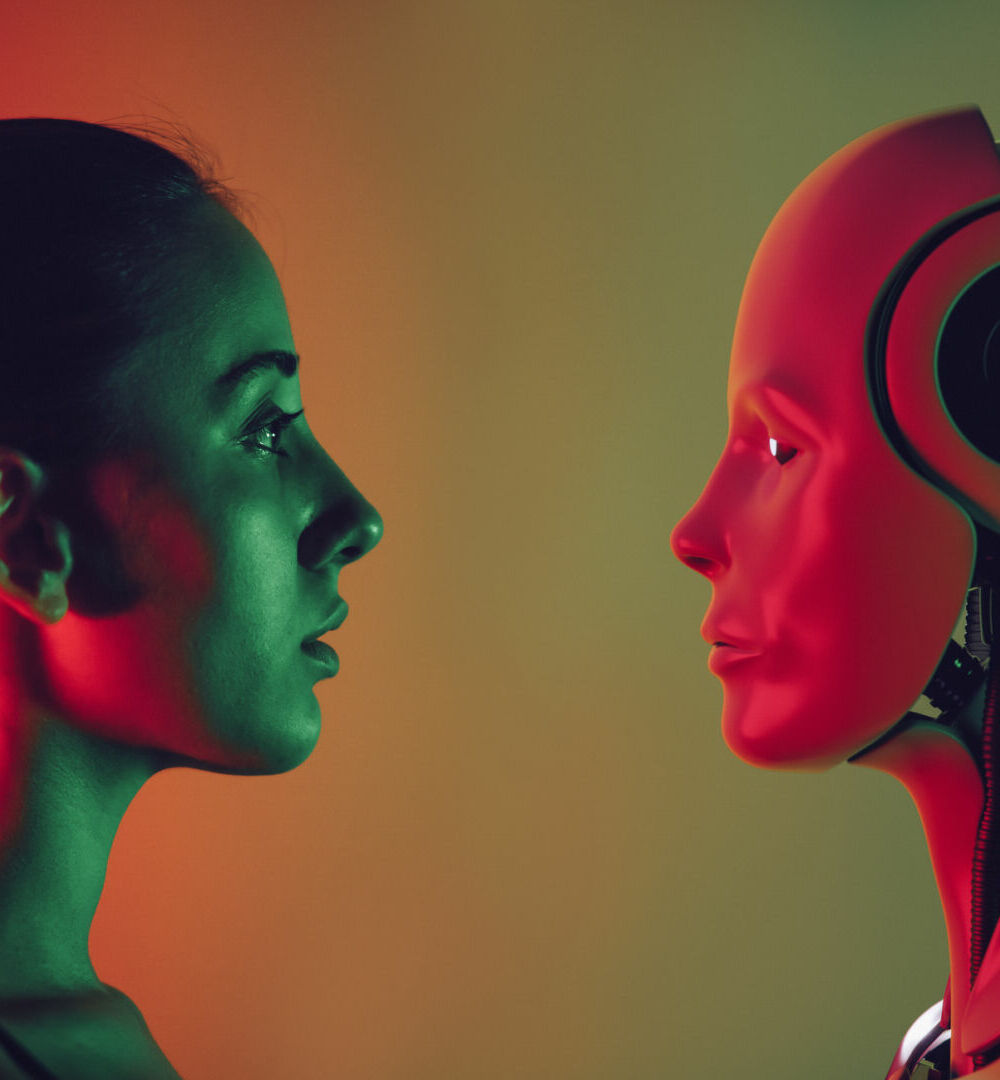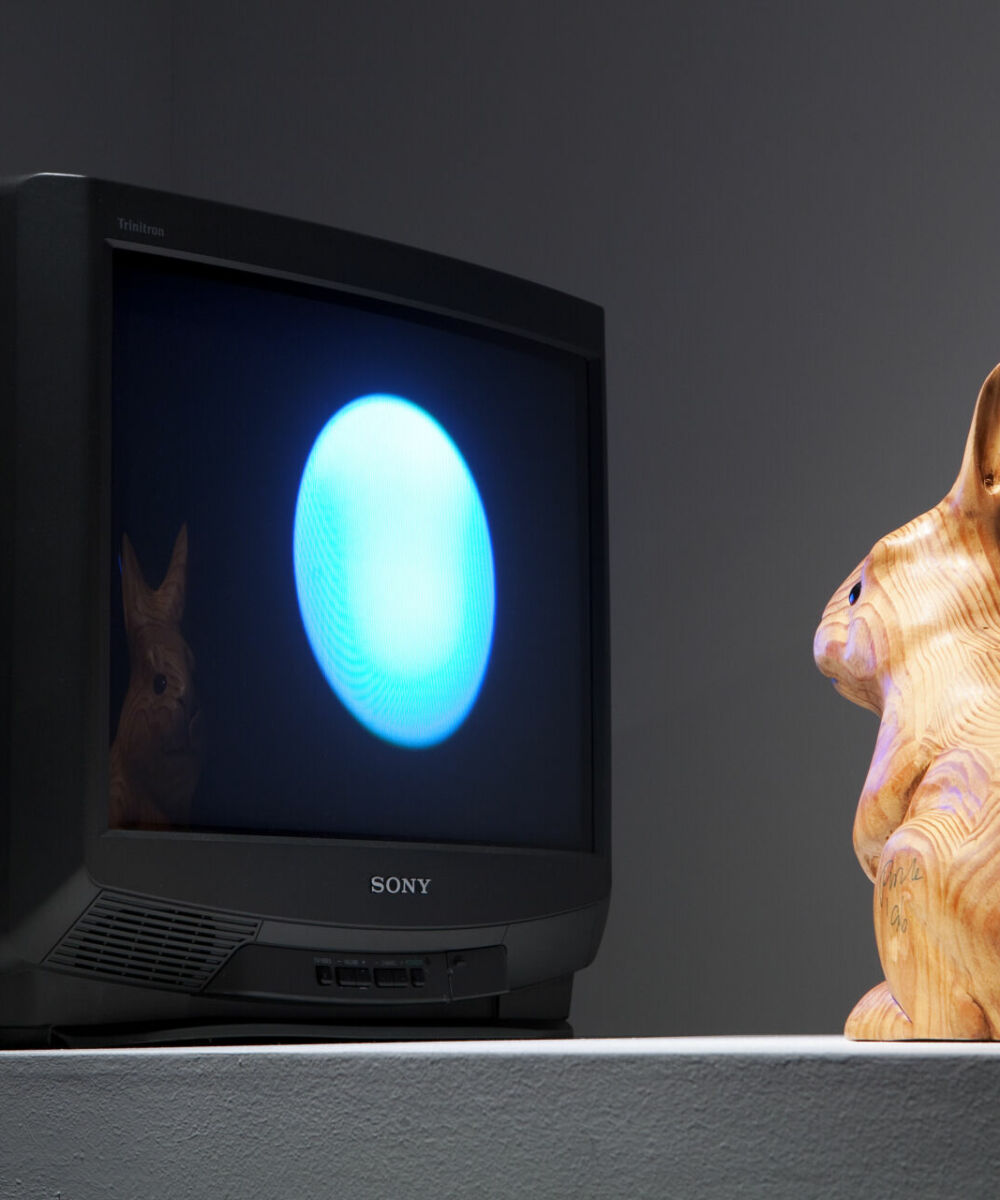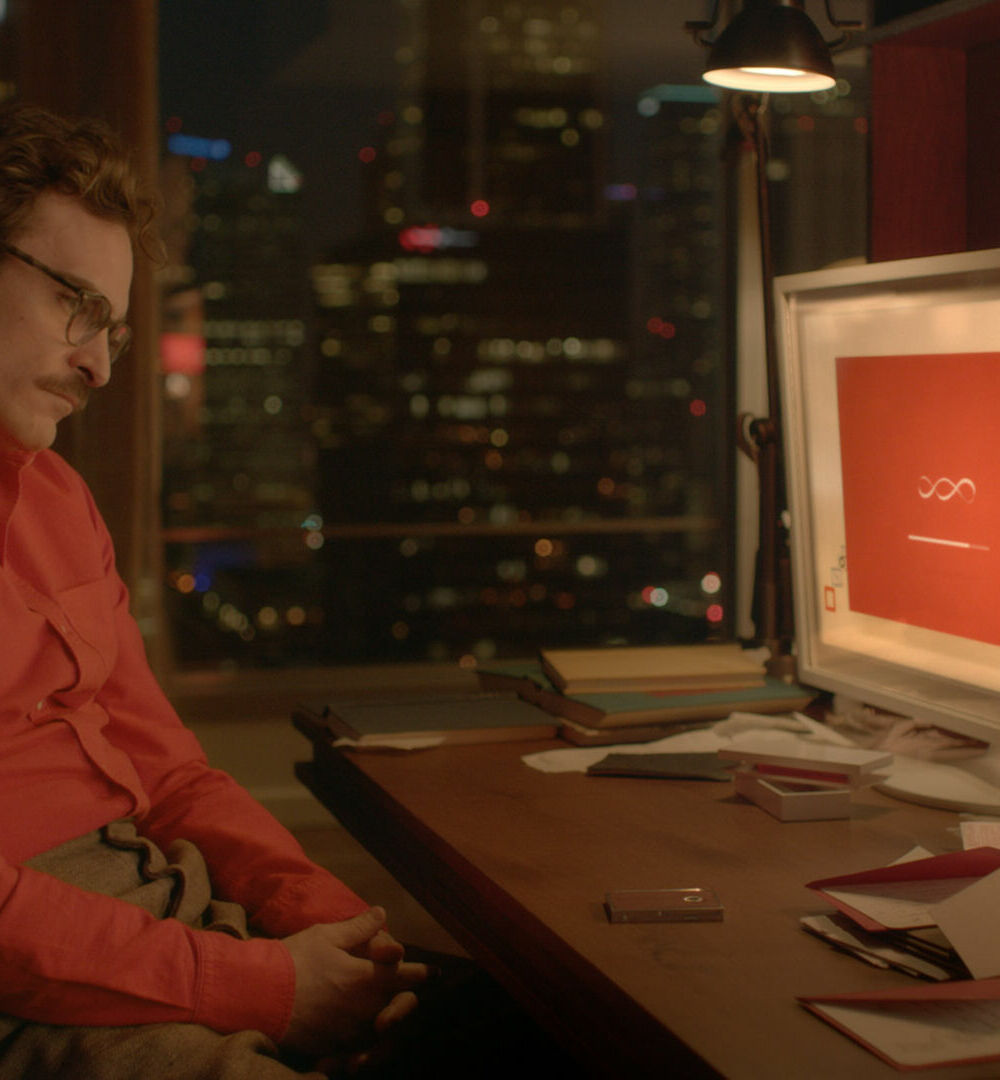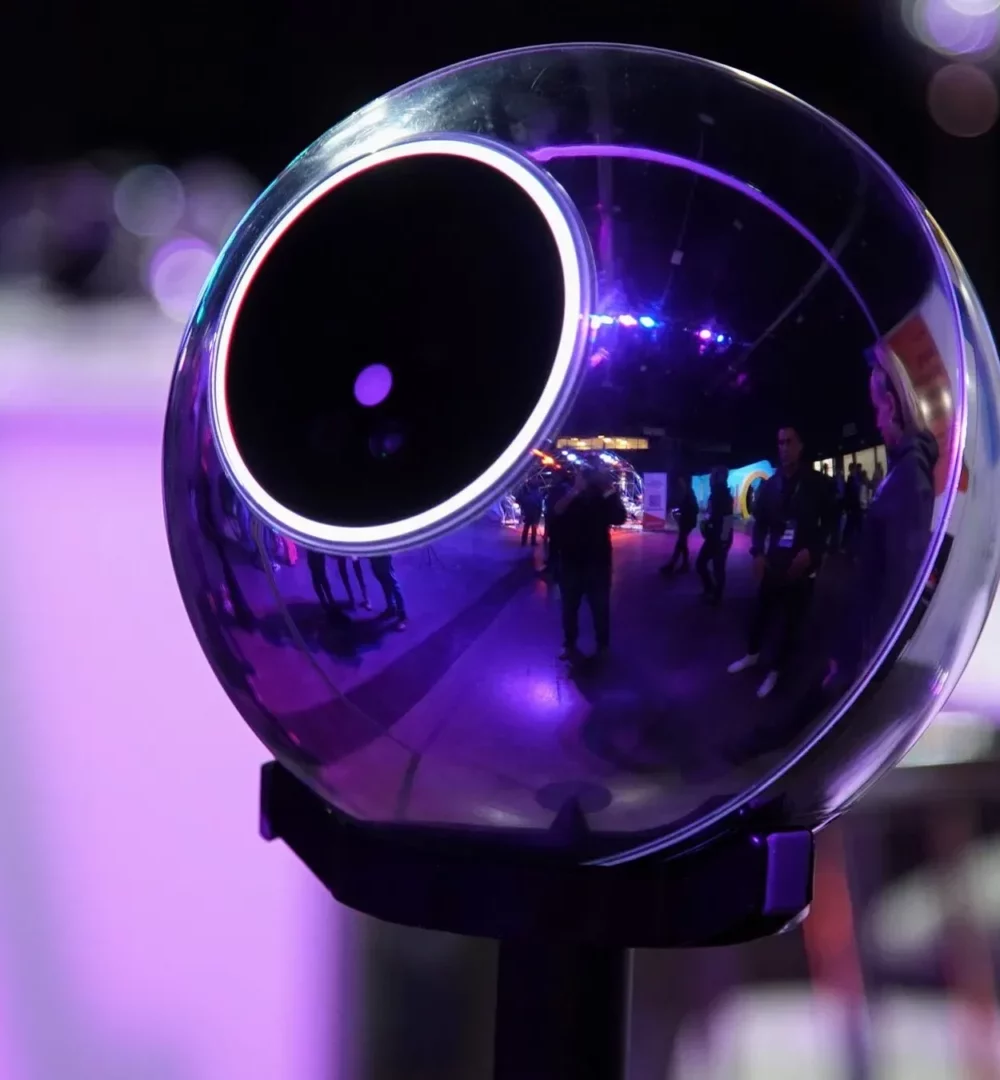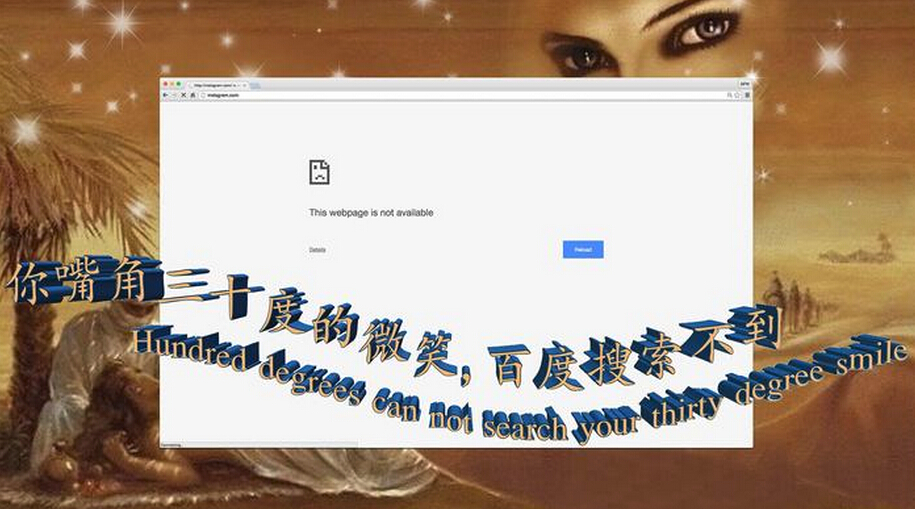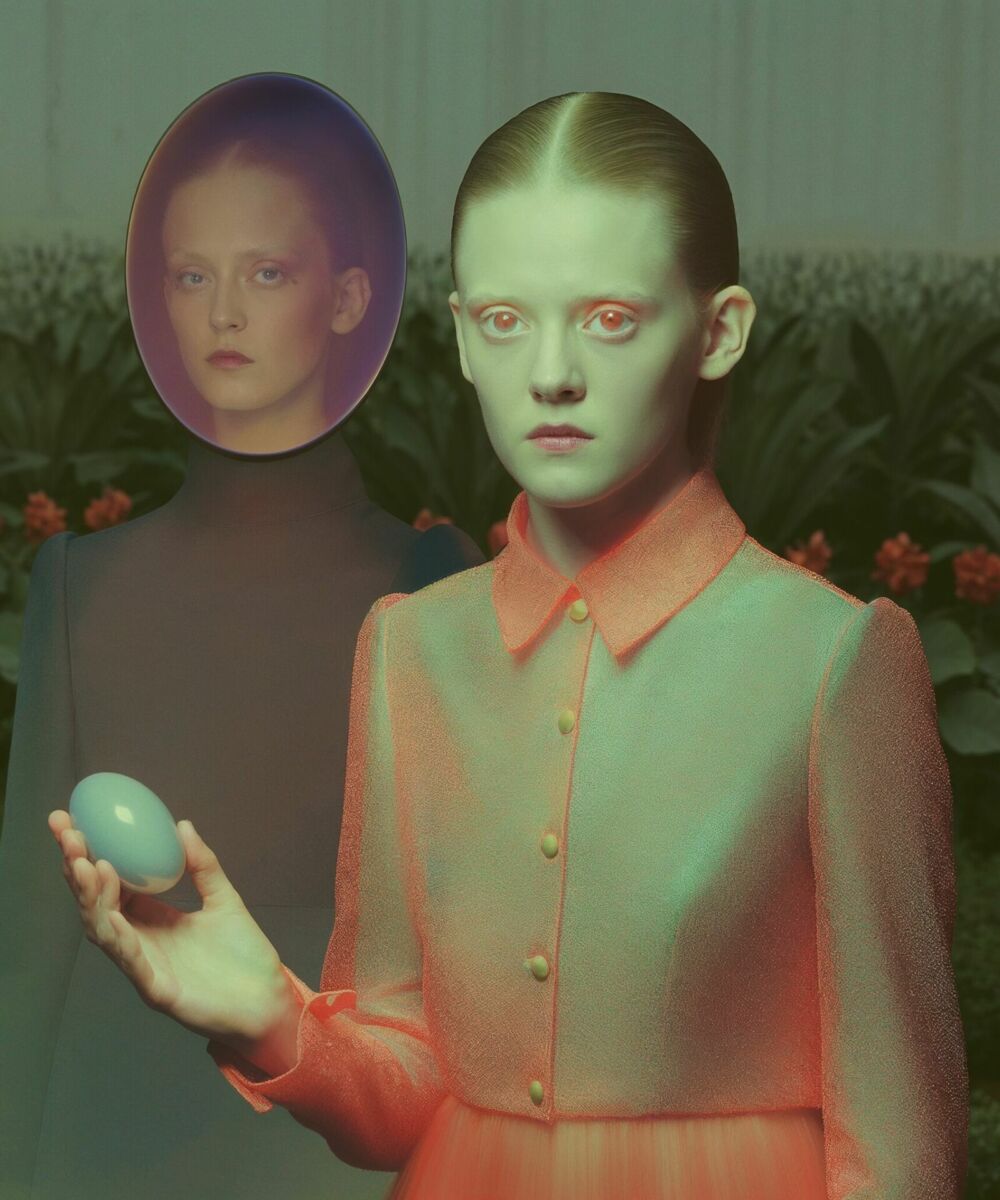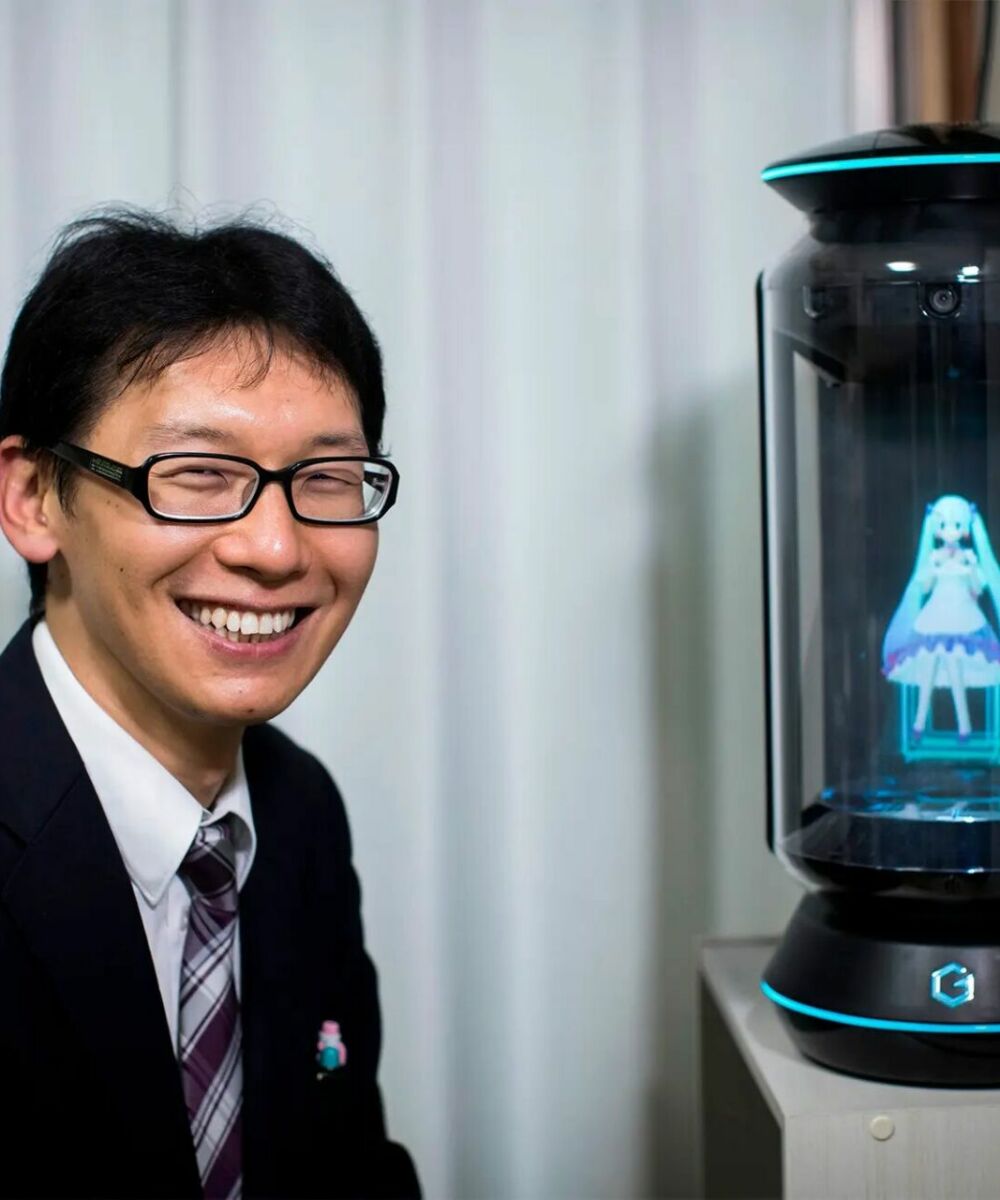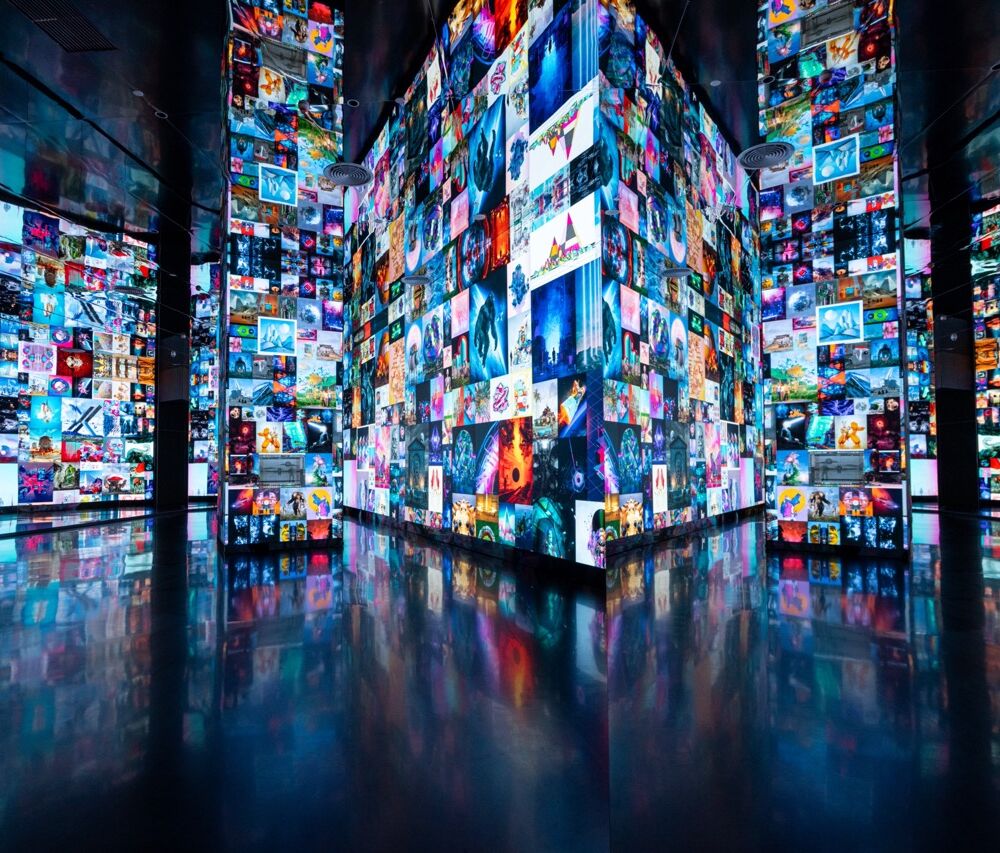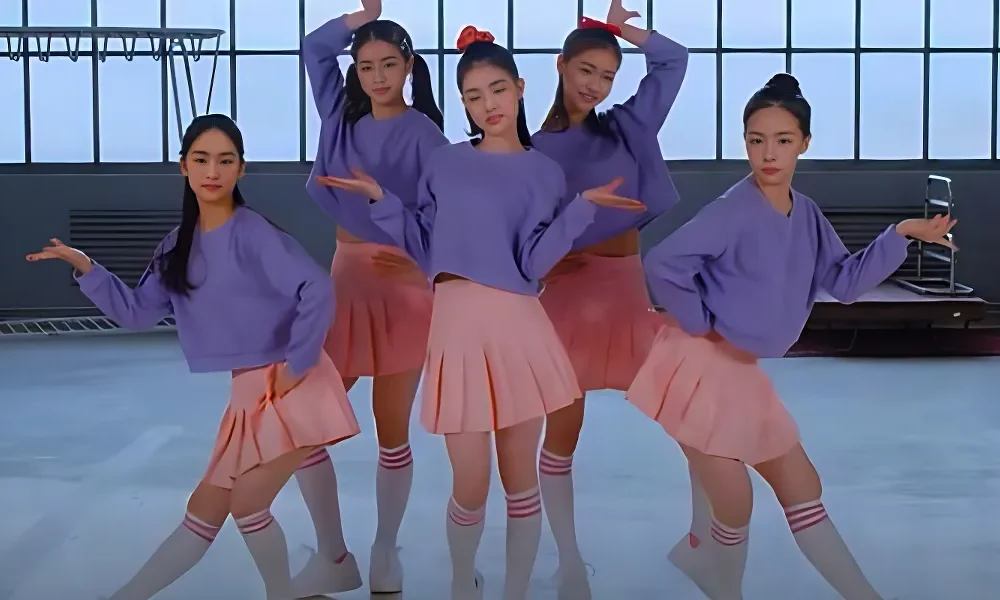K-pop idols who don’t exist
by Camilla Fatticcioni
The South Korean music industry has been experimenting with artificial intelligence for years to create virtual K-idols. Are we witnessing a gradual transformation of the industry, or is this just a flop that won’t gain much traction in the future?
Too perfect to be real. At least once in their lives, everyone has been obsessed with singers or bands, dreaming of one day meeting them in person. However, in South Korea, fans of certain K-pop stars can’t hope to meet their idols—because they don’t actually exist. For years, the South Korean music industry has been experimenting with new bands made up of virtual characters powered by artificial intelligence.
The existence of bands composed of virtual characters is not entirely new. In Japan, it has been a phenomenon, in one form or another, for over two decades, and it also includes the British band Gorillaz, famous for its four animated 2D characters. In Korea, however, these idols are not cartoons—they look and behave like real-life stars. The South Korean pop group Eternity has a story similar to that of many other K-pop bands: an online debut with their first single “I Am Real” and viral success in a short period of time. The group’s 11 members started appearing in advertising campaigns, giving radio interviews, and sharing videos on their social media accounts where they dance, sing, and skateboard.
Everything seems normal, except for one key distinction: Eternity exists only online. These incredibly realistic virtual characters are powered by advanced technology that replicates human facial and body movements with extraordinary precision. The use of such technologies to create humanoid digital characters is not limited to music. One of Korea’s most famous influencers, Rozy, also doesn’t exist beyond the screen.
These incredibly realistic virtual characters are powered by advanced technology that replicates human facial and body movements with extraordinary precision.
Why is South Korea investing in digital stars? After the pandemic, more and more people began attending online concerts instead of live ones. Moreover, the goal is to develop innovative ways for fans to interact with their idols. Another reason is partly tied to reducing the expectations and workload placed on real-life performers, considering that the K-pop industry is known for the immense pressure exerted on artists both by fans and the system itself.
But who is behind groups like Eternity? Pulse9 is the name of the artificial intelligence company specializing in Deep Real AI. The company’s motto is “More than real, more than virtual.” When you look at the members of Eternity, it’s genuinely hard to tell if they’re real or not. The appearance, movements, and expressions of these characters are controlled by real people. However, the identity of those behind these virtual idols remains unknown. The advantage of virtual artists is that they can transcend physical limitations. Unlike some K-pop stars, they don’t suffer from stress or exhaustion.
According to Jieun Park, CEO of Pulse9, the company’s long-term goal is to give anyone the opportunity to work in the entertainment industry by creating a digital avatar. This approach offers a solution to the immense pressures placed on real-life K-idols, who are often forced to remain single or avoid coming out about their sexual orientation to avoid disappointing fans. Always available for events and concerts, these performers must also endure extreme diets or resort to plastic surgery to meet unattainable beauty standards. The prospect of nurturing one’s talent without enduring such an exhausting lifestyle could attract significant attention. After all, the idea behind K-pop idols has always been somewhat unrealistic. The K-pop group Aespa, already well-known in the Korean music industry, has embraced new technologies to expand its lineup: it now consists of four human members and four avatars, who often perform together on digital platforms. This allows the human members to have more free time, delegating online fan interactions to their virtual counterparts.
But how can a digital entity inspire the same level of love as a real one, selling albums and tickets to virtual concerts? What consequences could arise from becoming attached to digital avatars? Spike Jonze’s acclaimed film “Her” (2013) had already explored the issue. In recent years, several Netflix series have delved into romantic love between humans and artificial intelligence, many of them Korean, such as “My Holo Love.” These are, after all, impossible loves, much like those between ordinary mortal fans and famous rock stars—though in the latter case, there’s still the possibility of seeing your idol live in concert and hoping for that romantic comedy-style happy ending, like in the film “The Idea of You” with Anne Hathaway. With a digital avatar, everything begins and ends behind a screen.
So, will we see more and more concerts featuring holograms, as the Gorillaz have done in the past? Perhaps we are witnessing a gradual transformation of the music industry—or perhaps this is just a flop that won’t gain much traction in the future.
Camilla Fatticcioni
China scholar and photographer. After graduating in Chinese language from Ca’ Foscari University in Venice, Camilla lived in China from 2016 to 2020. In 2017, she began a master’s degree in Art History at the China Academy of Art in Hangzhou, taking an interest in archaeology and graduating in 2021 with a thesis on the Buddhist iconography of the Mogao caves in Dunhuang. Combining her passion for art and photography with the study of contemporary Chinese society, Camilla collaborates with several magazines and edits the Chinoiserie column for China Files.



